For a small country in the South Pacific that joined the UN’s powerful human rights council for the first time in 2019, Fiji has made giant strides within the organisation: right to the very top … almost.
By consensus, Fiji’s chief diplomat in Geneva, ambassador Nazhat Shameem Khan, was set to assume the presidency of the council for 2021, a historic first not only for Fiji, but for a Pacific region consistently under-represented on the global stage.
That was until Bahrain – backed by China, Russia and Saudi Arabia – threw a diplomatic spanner in the works, proposing, at the last minute, its own candidate and transforming what was supposed to be a smooth transition into a geo-strategic arm-wrestle.
Fiji death in custody reignites debate over police brutality
Read more
The ostensible dispute is over which country gets to set the agenda for the globally influential body next year.
However, observers say that at a deeper level it reflects larger powers with chequered human rights records attempting to install a friendly candidate ahead of expected American re-commitment to the council.
The US under Donald Trump abandoned the human rights council in 2018 – describing it as “a protector of human rights abusers, and a cesspool of political bias” – but President-elect Biden is expected to swiftly re-engage after he is inaugurated next month.
Observers have argued the election of the UN human rights council president has become “highly politicised” and “a proxy battle between global powers jostling for influence”.
Professor Steven Ratuva, director of the Macmillan Brown Centre for Pacific Studies at the University of Canterbury said supporting a proxy country – friendly to one’s interests – for leadership of multinational bodies, was a tried and tested strategy.
“Both China and Russia were happy with [Donald] Trump’s nationalist ‘America First’ foreign policy stance because it provided them with uninterrupted manoeuvring to fill in the void,” he said.
“The term human rights did not exist in Trump’s vocabulary so now with Biden coming in, and the US returning to global centre stage, China and Russia would be happy to have someone they can control on the human rights council,” said Ratuva.
The 47-member council was formed in 2006 to promote and preserve human rights around the world, as well as investigate possible violations by UN member states.
Vying for a seat in the Asia-Pacific category, Fiji’s three-year term started on 1 January, 2019, after it received 187 of 192 votes. 2021 will be Fiji’s final year on the council.
Khan, Fiji’s first female high court judge and former chief prosecutor, is currently vice-president of the human rights council and has supported investigations into alleged abuses in Venezuela, Belarus, Syria and Yemen.
By convention, the presidency rotates by region and Fiji was set to take the reins unchallenged until Bahrain stepped in three days before the deadline.
Prof Ratuva said this appeared to be a case of larger powers “shoving small Pacific states aside”.
“The big powers, especially China and including the US too, forge close diplomatic ties with Pacific countries as long as they serve their bigger geopolitical interests,” he said.
Nilesh Lal, executive director of Dialogue Fiji, an NGO working in the area of democratic governance, said larger countries were undermining Pacific states by creating their own “‘fiefdoms” in important UN bodies.
“That is unfair to small Pacific island countries who are keen to play an important role in global governance,” Lal added.
The UN human rights council has faced consistent criticism for accepting onto the council countries with dubious human rights records. Fiji’s own record has faced scrutiny over media freedom, police brutality and restrictive legislation, such as the sedition provisions in its Crimes Act.
An investigation by the Guardian found that Fijian police officers were charged with 400 serious offences between May 2015 and April 2020, including murder, manslaughter, rape, and abduction.
“Fiji’s human rights record is tainted and nothing to be proud of and it will certainly be used against it. This has been raised in international forums before,” Ratuva said.
But Lal says while Fiji’s human rights record was questionable, it would have little to no bearing on its bid for the presidency given the violations of other members that have sat on the council.
“Member countries such as Afghanistan and Pakistan, for instance, have awful human rights records. And, the presence of failed states such as Somalia, Libya and Venezuela on the council makes a mockery of this important UN body,” he added.
Human progress at stake in post-Covid choices, says UN report
Read more
Fiji’s ascension to the presidency of the human rights council would assist the Pacific more broadly in promoting rights issues of concern to the region, including the human rights impact of climate change, Ratuva said.
But it faces a significant battle to retain the council presidency it regarded as a fait accompli, facing an emboldened Bahrain and three larger powers bent on curtailing US influence and amplifying their own agenda.
“As we are seeing in the rights council appointment,” Ratuva said, “big powers can use their economic, strategic and political leverage either to mobilise support of small countries or if need be, push them aside”.

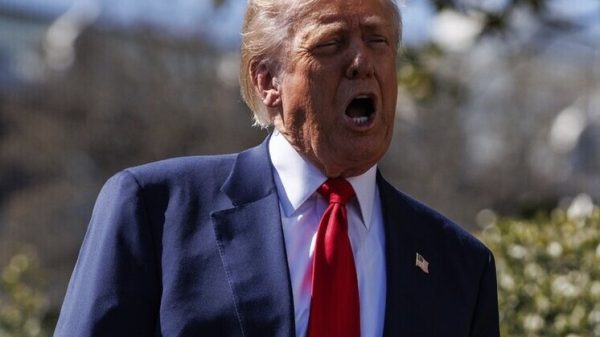
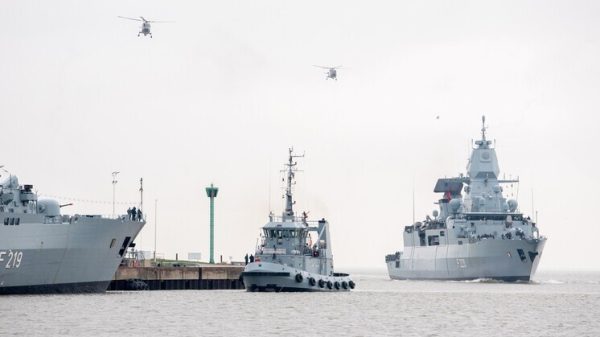
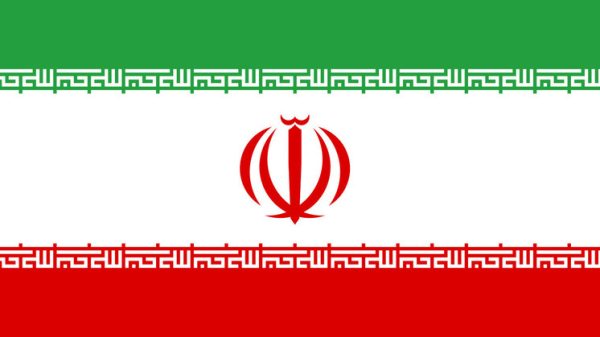
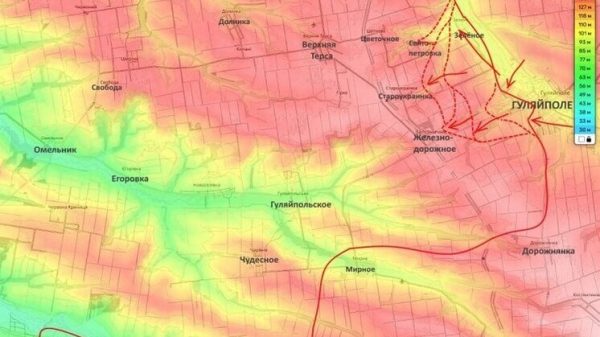




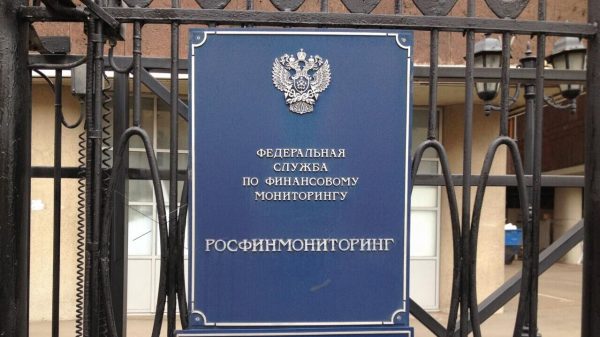
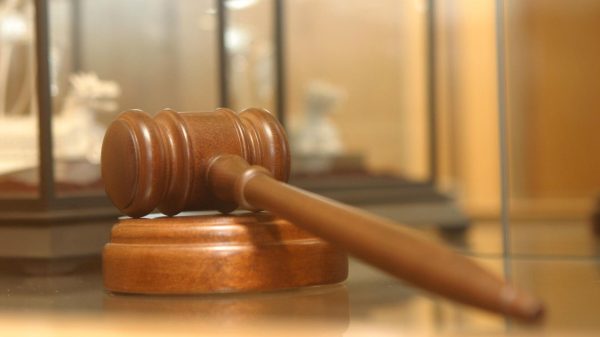

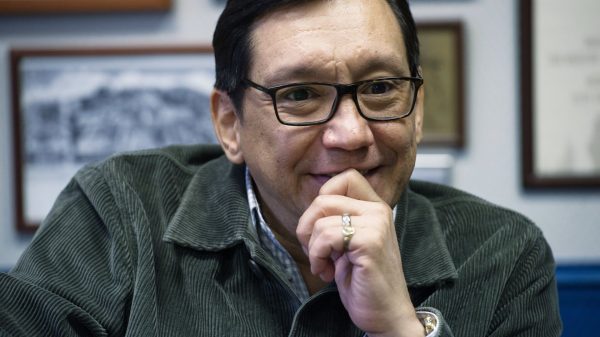
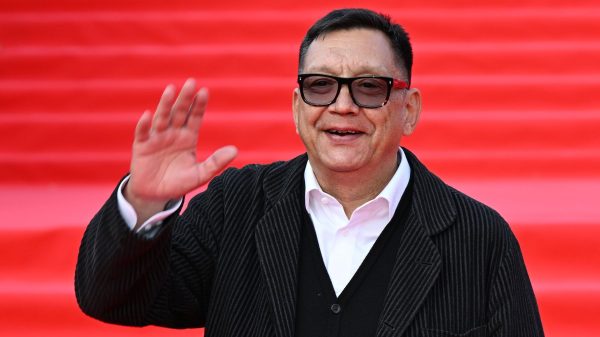



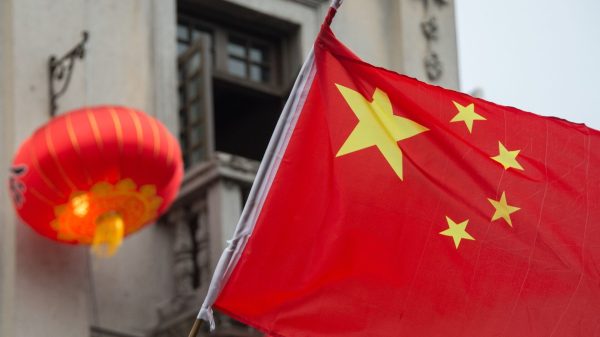
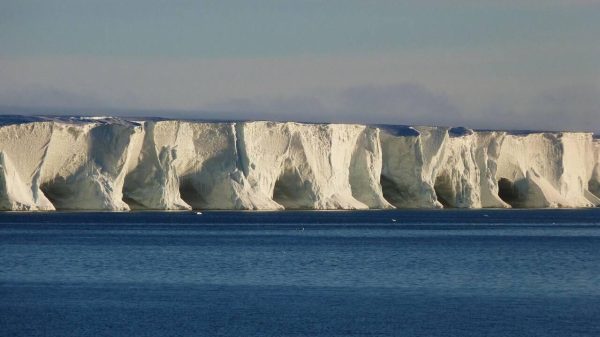

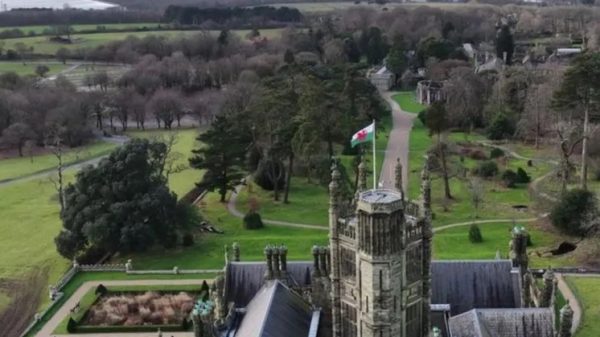
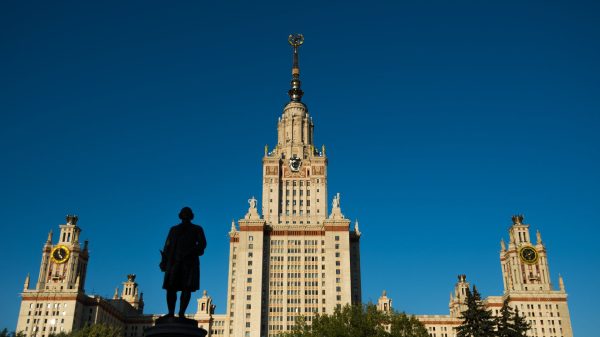
















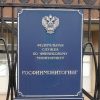















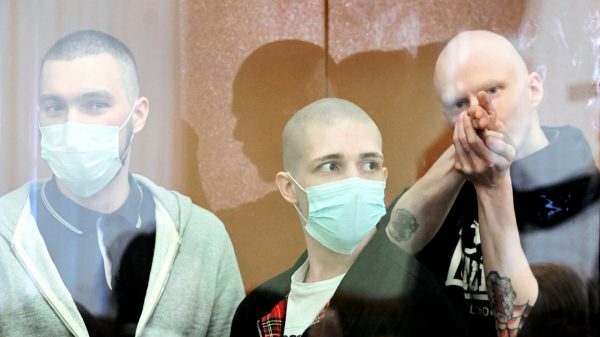

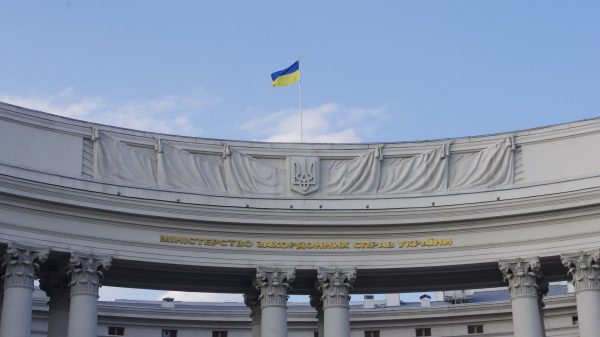
Свежие комментарии